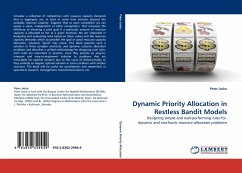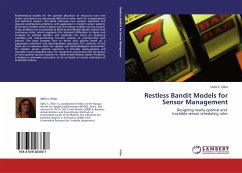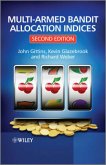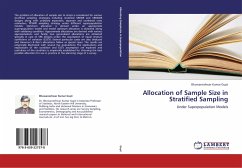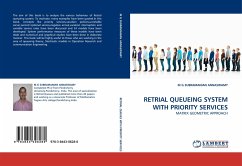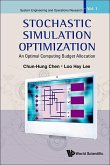Consider a collection of competitors with resource capacity demands that in aggregate are, at least at some time instants, beyond the available resource capacity. Suppose that to each competitor we can assign a value, independent of other competitors, that measures the efficiency of attaining a joint goal if a particular amount of resource capacity is allocated to her at a given moment. We are interested in designing and evaluating rules based on these values and the resource capacity demands which accomplish the goal of good resource capacity allocation, whatever "good" may mean. This book presents such a solution to three complex stochastic and dynamic resource allocation problems and describes a unified methodology for designing such rules. Such rules are important in practice, since they provide an easy-to-interpret and easy-to-implement solution to problems that are intractable for optimal solution due to the curse of dimensionality or they embody an elegant optimal solutionin some problems with simpler structure. The book will be useful for practitioners and researchers in operations research, management, telecommunications, etc.
Bitte wählen Sie Ihr Anliegen aus.
Rechnungen
Retourenschein anfordern
Bestellstatus
Storno

